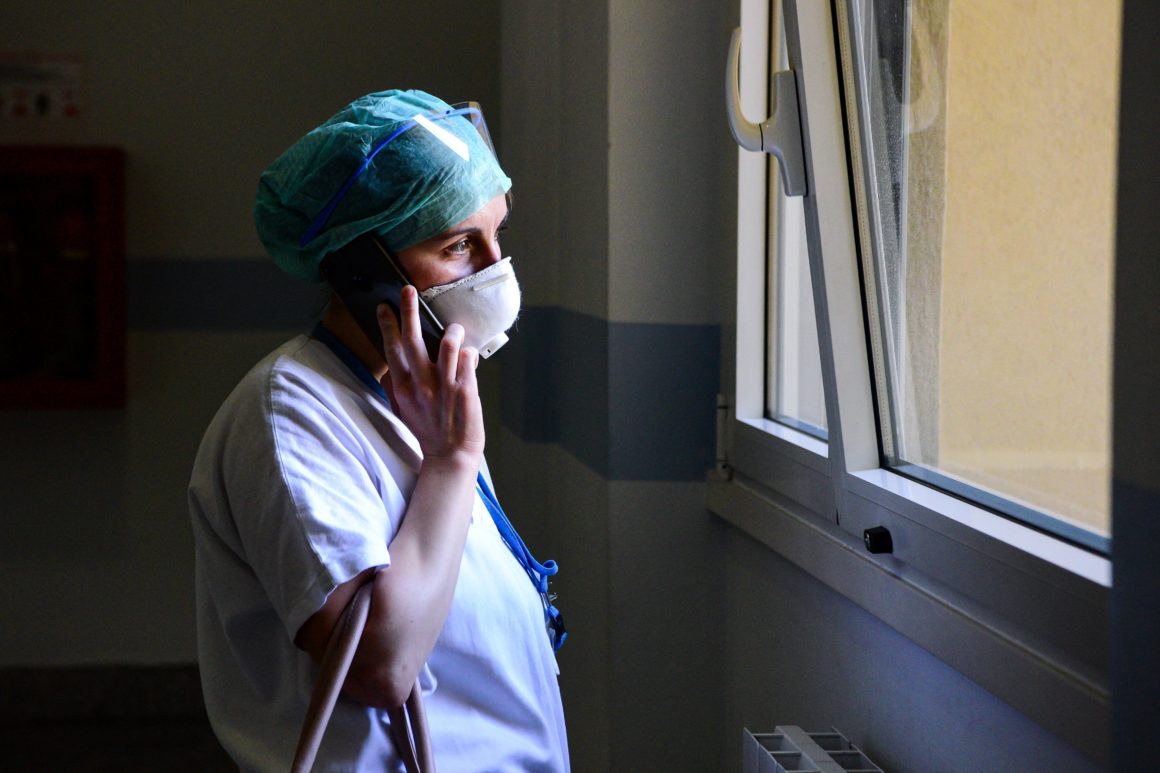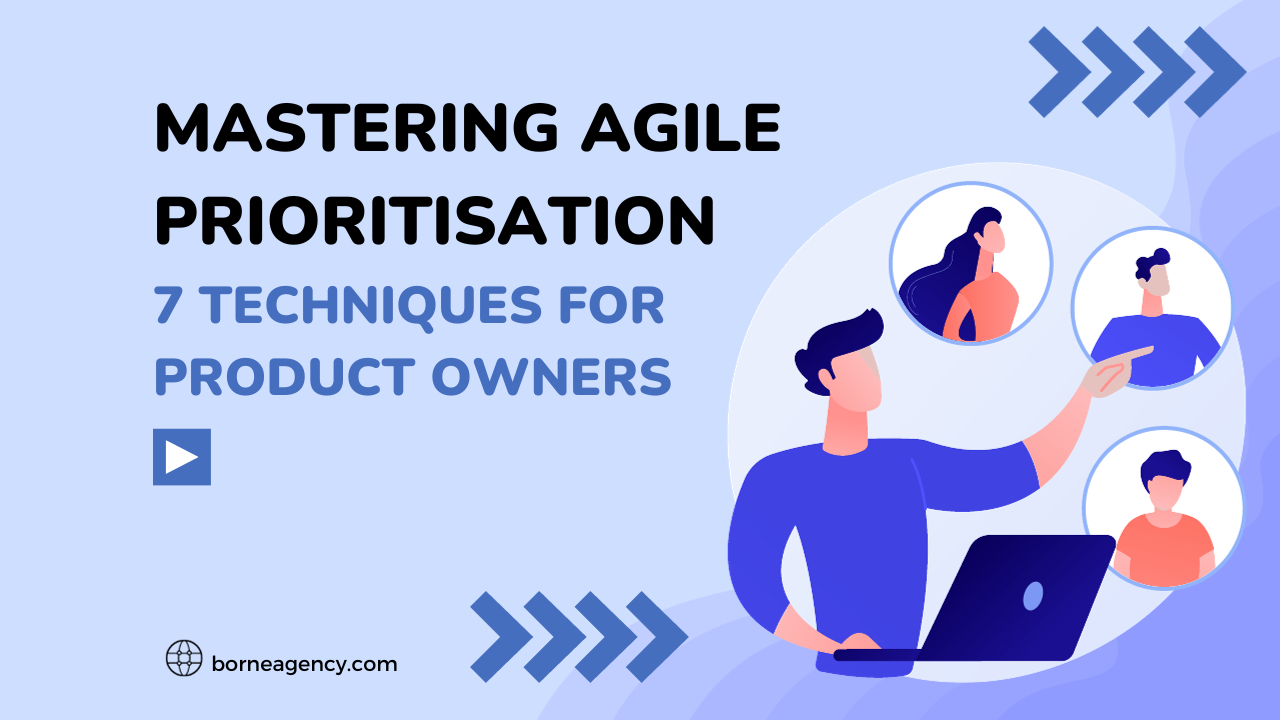Aug 07 - 3min readNew Problems, New Solutions: Tech For Good in a Time of COVIDBy Launchbase
This week at Launchbase, we are taking a closer look at tech for good efforts in the healthcare sector. With discussions of a possible second wave and COVID-19 lockdown restrictions becoming a new normal in our everyday lives, charity digital leaders have needed to respond with dynamism and innovation. Reinvigorating digital solutions for support outreach and service delivery, tech for good efforts have benefited significantly out of necessity.
NEW PROBLEMS, NEW SOLUTIONS
The government’s call for 250,000 volunteers across the community to support coronavirus sufferers was met with a thunderous response. Tech for good solutions quickly emerged to help fight the crisis and manage over 750,000 respondents.
Prior to the crisis, GoodSam, an international charity, was already operating mobile, app-based alert systems and dispatching services. When the government called for volunteers to help community members who are self-isolating, GoodSam quickly pivoted its digital service into action. The app now allows volunteers to not only do good for the NHS but also within the local community. Once downloaded, local citizens in need can contact others to assist in grocery shopping, transporting medicines, or simply just for company. For charities operating health, fire, and ambulance services, the app can also access the caller’s mobile phone camera in an emergency situation, improving service delivery ahead of the arrival of help.
Likely to trend onwards, GoodSam’s quick, innovative pivot to crowdsourcing could potentially be a model for other charities to emulate.
TECH FOR GOOD ENHANCING ACCESSIBILITY
The pandemic has brought into focus just how important tech for good is at supporting not only for charities but their beneficiaries.
The efforts of tech for good by charities have helped bring doctors and patients closer together and at Launchbase we expect that post-pandemic, these relationships will only continue to grow stronger and align closer together. An example of this are a charity aiming to help young arthritis sufferers, Versus Arthritis launched a digital product to support young people between the ages of 13-25. The charity’s app help users keep track of their symptoms through product features like an electronic diary. For healthcare professionals unable to tend to patients who are continuing to self-isolate, tracking symptoms is an important prescription of care.
According to Dr Janet McDonagh, a paediatric and adolescent rheumatologist at the Royal Manchester Children’s Hospital, said that the product has huge potential to enhance communication between young people and health professionals, allowing us to better understand the impact arthritis is having on the young person’s life and then to treat them more effectively. Since the COVID-19 outbreak, the app has shown even more potential. Using these app summaries as a prompt can assist in phone consultations.

LAYING THE GROUNDWORK FOR FUTURE RELATIONSHIPS POST COVID-19
New relationships have been established between tech for good partnerships and charities, healthcare workers and private tech developers. Considering the near future, we can expect to see more digital collaborations between service providers and charities.
Over the past few months, the Hospify app has been expanding its service base to NHS charities, trusts, and healthcare professionals. Hospify tackles the issue of security and confidentiality by developing a secure-message aggregator for messages coming in though Messenger, WhatsApp and Signal which already have issues with security. By securing messages from other sources, the app allows nurses, doctors and patients to connect online groups and share information (including images) without jeopardising confidentiality. The app now services over 150 hospitals and has been vetted by the NHS as one of its approved apps.
CHARITY HACKATHONS PUSHING TECH FOR GOOD FORWARD
Coronavirus took the world by surprise, and researchers are still scrambling to find a cure. Funded by charities and partners NHS Digital, Open Data Institute Leeds and Beautiful Information, the #OpenDataSavesLives hackathon threw open the doors for anyone and everyone to participate in making sense of big data. Over 50 participants, including the British Red Cross, shared standardised, integrated information to get a broader picture of cities. Paul Connell, founder of Open Data Institute Leeds said: “#OpenDataSavesLives can bring people together to respond to the situation we are all facing. We want to encourage and empower people to work ‘in the open’, talk about your work, ask for help, share your success on our open doc. We can then link up the incredible work being done, remove barriers and speed up the response.”
Looking ahead thematically, the sharing of big data has the potential to help charities unlock information barriers to solve big issues, including poverty, homelessness, and many others. By improving transparency and better information, tech for good efforts can address and help charities deliver their missions.



